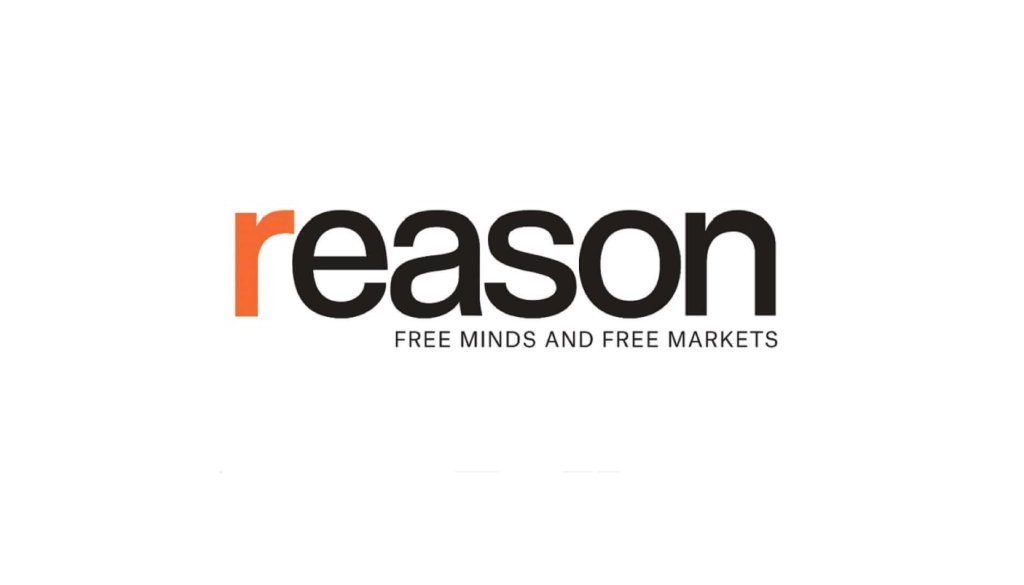Fires Incinerated the Facade of California Governing Competence
Let us first stipulate that Los Angeles city and county, as well as the entire Golden State, could have had the best governance in the history of human affairs, yet still there would have been property-destroying fires in Southern California this week.
When the National Weather Service issues a rare “Particularly Dangerous Situation” (PDS) fire warning for the counties south of the Tehachipis, as it did Monday afternoon, things just burn. The December 9, 2024, PDS warning preceded the Franklin Fire, which consumed 4,000 acres and destroyed 20 buildings around Malibu. A November 5 alert anticipated the next day’s Mountain Fire in Ventura County, torching 20,000 acres and 240 structures. Similar wrath followed the only two other PDS designations before this week, in October 2020 (Blue Ridge and Silverado fires, in Orange County) and later that December (the Bond fire, also in the O.C.).
From the Chumash to Raymond Chandler, Joan Didion to Mike Davis, residents of this Biblical basin have always understood the formula: Hurricane-level Santa Ana winds + extremely dry air/vegetation = brush fires. The question isn’t if, it’s how bad.
That’s where government comes in. The entities tasked by charter to protect life and property, to organize collective action in the face of community-wide challenges, should be prepared at a foundational level for the catastrophes that have cyclically and even predictably beset this mountain-ringed land since humans first started comingling with the saber-tooths: earthquakes, droughts, floods, mudslides, and fire.
Shock events, from 9/11 to the 2008 Financial Crisis to the COVID-19 pandemic, are effectively margin calls on governance; moments when citizens take a sudden, razor-keen interest in how their otherwise ignored representatives and bafflingly overlapping managerial jurisdictions anticipated, and are coping with, crisis. These are times for assessing not just individual performance, but whole systems and theories of how government should deliver on fundamental tasks.
With thousands of Californians beginning to discover that their homes, businesses, and prized possessions have been incinerated, such attention is already being firehosed toward three elected officials in particular: Los Angeles Mayor Karen Bass, Gov. Gavin Newsom, and state Insurance Commissioner (yes, that’s an elected position) Richard Lara.
The results thus far, as detailed here by Reason‘s Liz Wolfe on Thursday morning, have been farcical—Bass’s 90-second brain-freeze under reportorial questioning upon belated arrival from an idiotic trip to Ghana, Newsom’s Alfred E. Neuman-esque shrug about insufficient firefighting water, and now Lara compounding California’s insurer-repelling price controls with a new moratorium on homeowner-policy cancellations and non-renewals.
Fire hydrants have sporadically run out of water, either from reservoir depletion or power shutdowns that were executed without replacement generator capacity. Blackouts still affect hundreds of thousands of residents, including many who do not live near a fire. L.A. County errantly sent out to the phones of its 10 million residents an emergency evacuation order on Thursday. Critics of governmental diversity, equity, and inclusion (DEI) initiatives have found examples aplenty of local fire officials prioritizing identitarian concerns.
But these are surface-level critiques compared to the systemic, long-arc government failures to do the arduous but necessary work to reduce fire risk and marshal the most precious resource in the state: water.
People gobsmacked by empty fire hydrants in Pacific Palisades ha
Article from Reason.com

The Reason Magazine website is a go-to destination for libertarians seeking cogent analysis, investigative reporting, and thought-provoking commentary. Championing the principles of individual freedom, limited government, and free markets, the site offers a diverse range of articles, videos, and podcasts that challenge conventional wisdom and advocate for libertarian solutions. Whether you’re interested in politics, culture, or technology, Reason provides a unique lens that prioritizes liberty and rational discourse. It’s an essential resource for those who value critical thinking and nuanced debate in the pursuit of a freer society.




